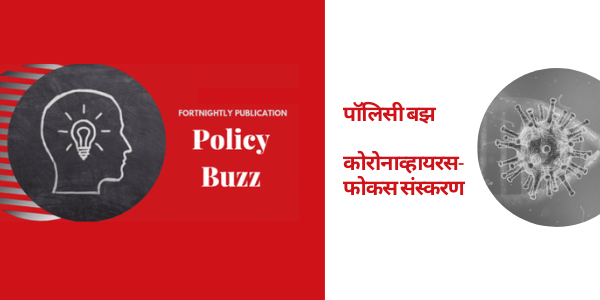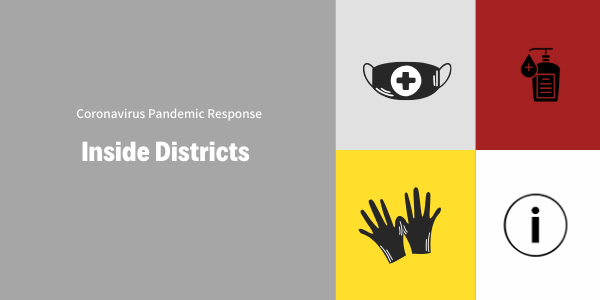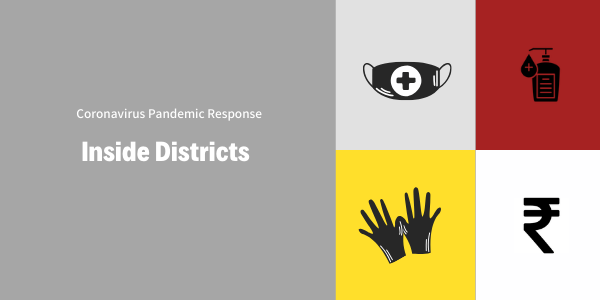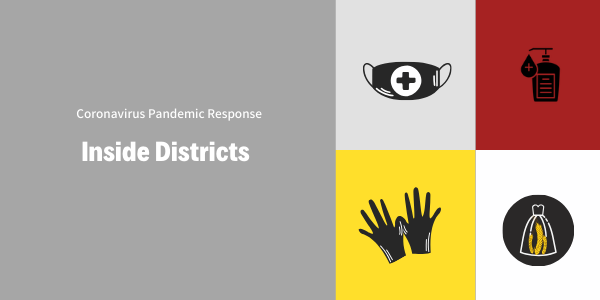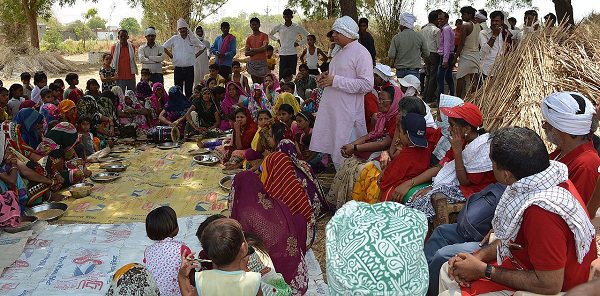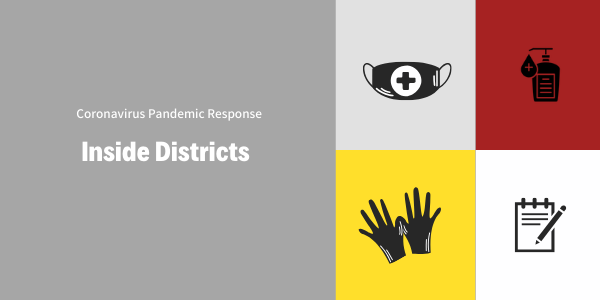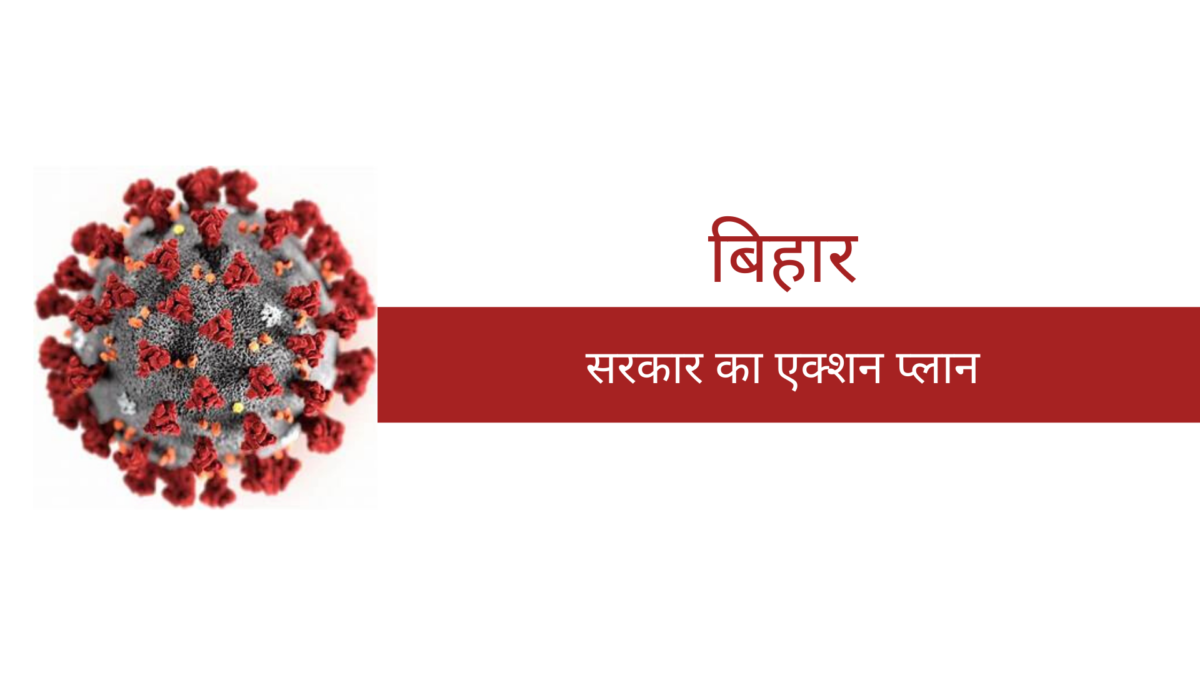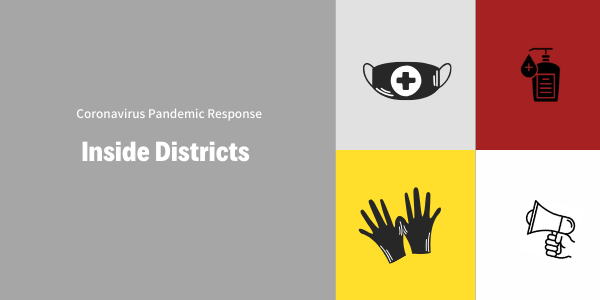Years back, while fighting skeptics in the government (both my former colleagues and ministers) on my agenda of devolution of powers and responsibilities to local governments, I once asked my Minister in exasperation when we would actually see tangible change in that direction in India. My Minister, himself a veteran battler for local governments, said that he, as a bureaucrat deeply involved in the design of the constitutional amendments that mandated local governments, had asked the then Prime Minister the same question. The Prime Minister said off the cuff that it would take about 25 years. Since we were only 15 years into the transition, said my minister, you should be patient. Do not lose heart, he said.
I have not had the chance to confront my Minister with his (and his then Prime Minister’s) prediction. It is now two years past the 25-year deadline since the Constitutional amendments and any realistic appraisal would indicate that overall, democratic decentralisation has not made much headway in India. The failure has largely been due to the political circumstances in which we are. The explosion of social media, privatisation and the polarised politics of the day centred on leaders with sharply divisive tendencies, has ensured that democratic decentralisation is effectively stalled. The Panchayats and Municipalities are not merely superseded by the official hierarchy that lurks just over them, but the powers in Delhi too are now actively fostering the belief in the people that all directions come from the top; including the direction that they may now partake of local decision-making.
Connectivity has not, as promised, given more tools to the Panchayats to take decisions and implement them. It is more a tool to ensure that top down directives reach them quickly, and which enables surveillance over them by higher level authorities. The funding streams going to the Panchayats and Municipalities continue to be a minuscule share of the overall tax revenues of the country. The authority of Panchayats and Municipalities continue to be supplanted by the interference of other political and administrative authorities. Parallel missions and line departments that were expected to work closely with, and eventually merge their operations with the local governments in so far as the powers that are devolved to them, continue to prosper, constantly interfering with the independence of the Panchayats.
Yet, the unprecedented natural disaster of the Covid-19 pandemic, may have the surprising side effect of reviving decentralisation from the torpor which has enveloped it.
Kadashettihalli Satish is typical of the large number of Panchayat elected representatives that the constitutional mandate has enabled to participate in the country’s governance. He is an elected member to the Kadaba Gram Panchayat in Karnataka’s Tumkur District. Satish is also the head of the Panchayat Okkoota, a federation of associations of elected panchayat representatives in Karnataka, organised along district and taluk lines. This body works towards implementation of the spirit of the Constitutional mandate and also more specifically, the provisions of the Karnataka
Panchayat Raj Act.
Karnataka has been typical of the approach of most states to strengthening of local governments. Its politicians are conscious of the fact that they cannot oppose the strengthening of Panchayats, even as they resent the implementation of reforms and legal provisions formally mandated by
them. It is this stop-start political approach to democratic decentralisation that has resulted in the state having enacted laws that, on the face of it, are powerful frameworks of decentralisation. In practice though the hands of the Panchayats are tied through restricted finance, and administrative controls through government orders.
Yet, today, the state is witnessing a revival of sorts of Panchayati Raj in practice, triggered by the state response to the Covid-19 crisis.
It is clear to everybody that the state’s imposition of a lockdown is impossible to be implemented effectively, without the cooperation and support of every individual in the governance network. Second, the lockdown has also tied down the hands of the government; only essential services of the government, such as the police and the health departments, are functioning without physical restrictions on their movement. All other departments have stopped traveling to the villages, giving instructions and monitoring their programmes and plans.
Parallel missions and line departments that were expected to work closely with, and eventually merge their operations with the local governments in so far as the powers that are devolved to them, continue to prosper, constantly interfering with the independence of the Panchayats.
Governance abhors vacuums. And that is what is prompting the revival of democratic decentralisation. First, nearly all Panchayats in Karnataka have passed a formal resolution that nobody in their respective areas will go hungry. While the draft resolution was prepared at the government-level, the alacrity with which Panchayats passed these resolutions and have been
following them with action, shows that they would have readily taken such an initiative, regardless of whether or not the government issued a directive. Second, the vacuum caused by the lack of oversight by locked-in senior officials, over their frontline workers, has actually cleared the field
for the Panchayats to step into the breach and take charge.
An important enabling factor for this transition, must be traced to the work of Accountability Initiative, namely, the PAISA for Panchayats study, which was undertaken in Karnataka state. The study revealed that on an average, the government was spending nearly Rs. 6 to 7 crore in every Gram Panchayat through a multitude of interventions and programmes. However, even reckoned generously, only about Rs. 60 lakhs to Rs. 1 crore of this money was being spent through a process of local planning and implementation, by the Gram Panchayats. That figure also includes the NREGA programme, in which a minimum of 50% of all expenditure is to be compulsorily planned for and implemented by the Panchayat.
This revelation fell upon sympathetic political ears that were planning further reforms to the Karnataka Panchayat Raj Act. One of the significant changes made to the law as a consequence thereof, was that the Gram Panchayat has the mandate now to know the details of all plans and programmes implemented by other line departments and authorities in their area. Departments and other bodies have been slow to react to this change in the law, but the absence of their interference in the lockdown period has led Panchayats to wrest the initiative and begin to proactively coordinate the activities of all departments at their level.
Is this revival of democratic decentralisation proceeding on predictable lines, with the Panchayats now supplanting line departments as being the face of the administration? Not necessarily so, as my conversation with Satish would indicate. More on that in my next blog.
Also Read: Voice of a Sarpanch in Madhya Pradesh from our ‘Inside District series’ on the COVID-19 pandemic response


